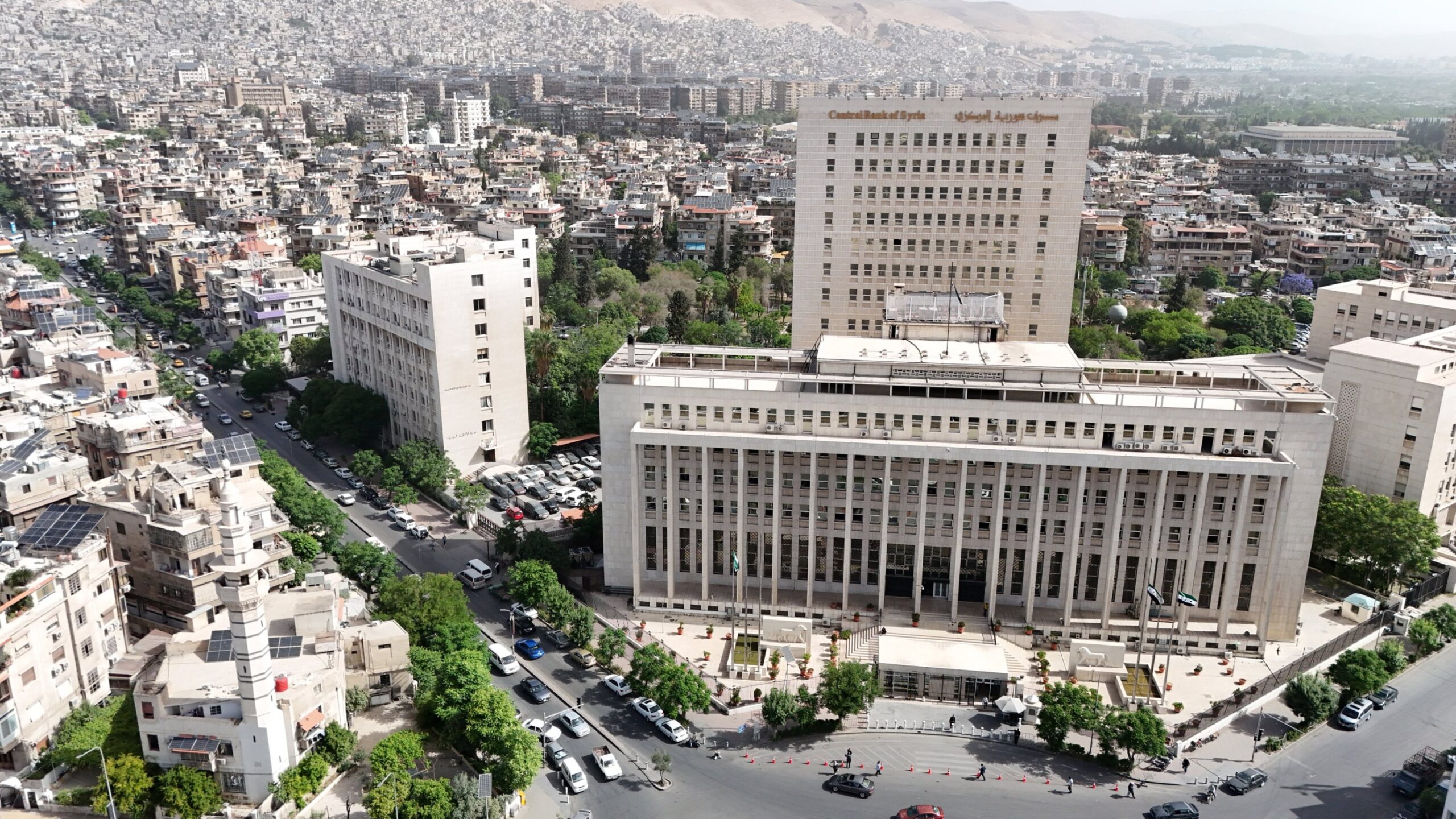In a landmark development that signals a potential shift in Syria’s long-isolated economic landscape, the Central Bank of Syria announced it had completed its first international banking transaction through the SWIFT system in over fourteen years.
The move is widely seen as a strong indication that the country’s new administration is making headway in ending Syria’s economic and financial isolation, brought on by years of civil war and crippling Western sanctions. Reconnecting to SWIFT—the global financial messaging network—marks a crucial step toward reopening Syria’s financial channels with the world, potentially paving the way for the return of foreign capital and external trade, and offering a glimmer of hope to an economy battered by years of collapse.
A Major Turning Point
Abdelkader Husariya, the Governor of the Central Bank of Syria, confirmed that the transaction—executed earlier this week—was conducted directly between a Syrian bank and an Italian counterpart. In comments reported by Reuters, Hasriya described the breakthrough as a “qualitative leap” in reestablishing Syria’s place in the global financial order.
He emphasized that this development could lay the foundation for further international banking activity and signals a gradual easing of restrictions on Syria’s banking sector, opening the door to deeper financial cooperation with global institutions.
First Direct Transaction with a U.S. Bank on the Horizon
In a parallel development, Husariya revealed that the central bank is preparing for its first direct transaction with an American bank “within weeks.” This follows a high-level virtual meeting held on Wednesday between Syrian commercial banks, several major U.S. financial institutions, and American officials—including Washington’s Special Envoy to Syria, Thomas Barak.
The meeting focused on mechanisms to reintegrate Syria’s financial system with the international banking network, evaluating the legal and technical requirements for restoring ties—particularly with U.S. institutions.
This shift comes on the heels of a major policy reversal in May, when the U.S. government announced the lifting of longstanding sanctions on Syria. That move was accompanied by executive orders easing several financial and banking restrictions, providing a legal window for international institutions to resume dealings with Damascus.
Rebuilding Financial Ties
These developments are viewed as part of a gradual U.S.-led opening toward Syria, spurred by the dramatic changes in the country’s political leadership following the ousting of former President Bashar al-Assad.
Governor Husariya stressed that restoring banking links with global markets is now a national priority. Such ties, he argued, are essential to reviving Syria’s economy, supporting productive sectors, and reducing the country’s near-total dependence on cash-based transactions—an informal system that has hampered transparency, regulatory oversight, and efforts to combat money laundering and illicit finance.
To this end, Husariya formally invited American banks to reestablish correspondent relationships with Syrian banks. He outlined two key objectives: establishing representative offices for U.S. banks inside Syria and resuming regular, secure banking transactions between the two countries.
He expressed optimism that these goals could be achieved in the coming weeks, potentially ushering in a new era of openness and integration with the global financial system.
A Positive Signal
Among the institutions invited to the Wednesday conference were major financial players such as JPMorgan Chase, Morgan Stanley, and Citibank. While their current involvement may be limited to symbolic representation, Husariya called their participation a “positive signal” and an early step toward reactivating Syria’s dormant international banking relations.
He also noted that the Central Bank is simultaneously working to modernize its legal and regulatory frameworks to meet international standards and bolster global confidence in Syria’s financial compliance and transparency.
Husariya concluded by noting that although these steps remain preliminary, they represent the foundation of a new economic phase for Syria—one rooted in global engagement, renewed capital inflows, and the financial infrastructure necessary for reconstruction and long-term stability.
It is worth noting that the banking sector is considered the backbone of Syria’s reconstruction process. Severely degraded by over a decade of conflict, the sector’s reentry into the SWIFT system now enables Syrian banks to officially send and receive funds abroad. This development could greatly facilitate trade, attract investment, and streamline remittances from the Syrian diaspora through formal, regulated channels.
This article was translated and edited by The Syrian Observer. The Syrian Observer has not verified the content of this story. Responsibility for the information and views set out in this article lies entirely with the author.


